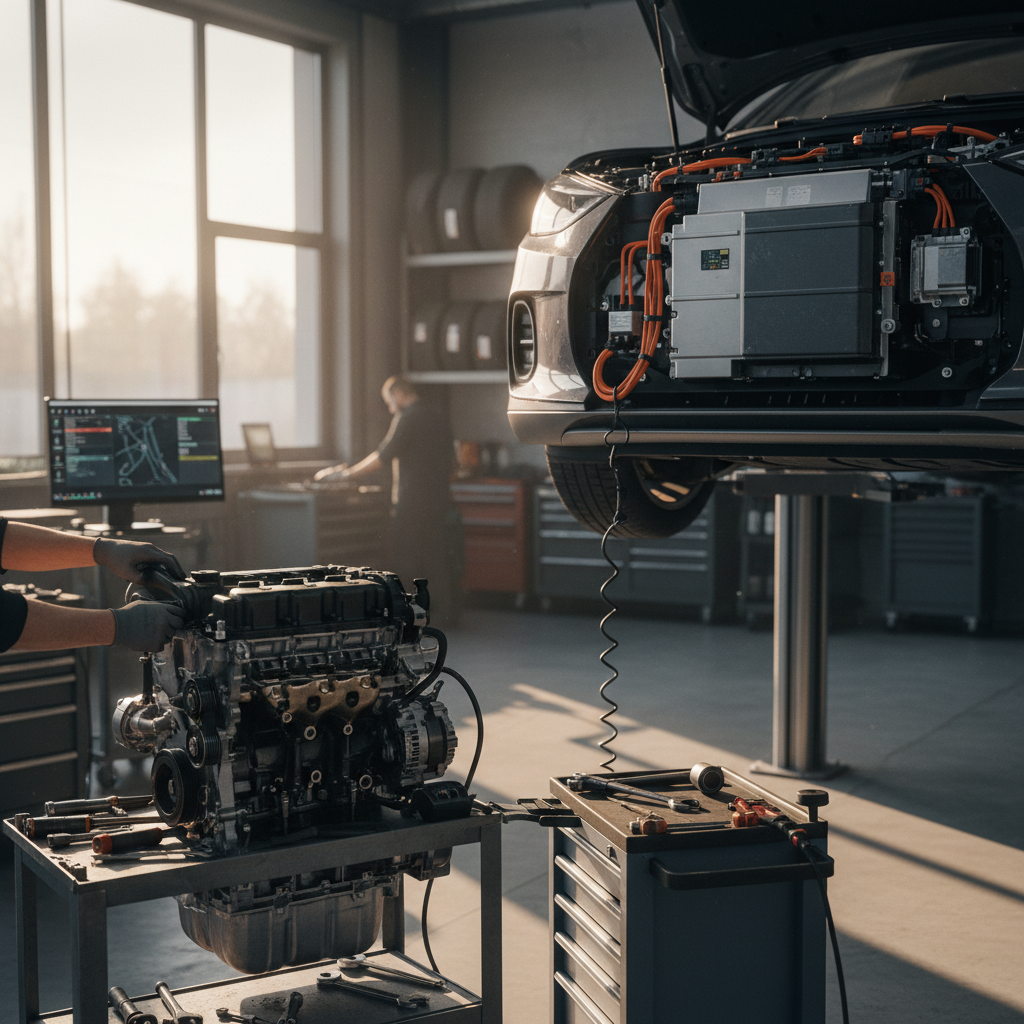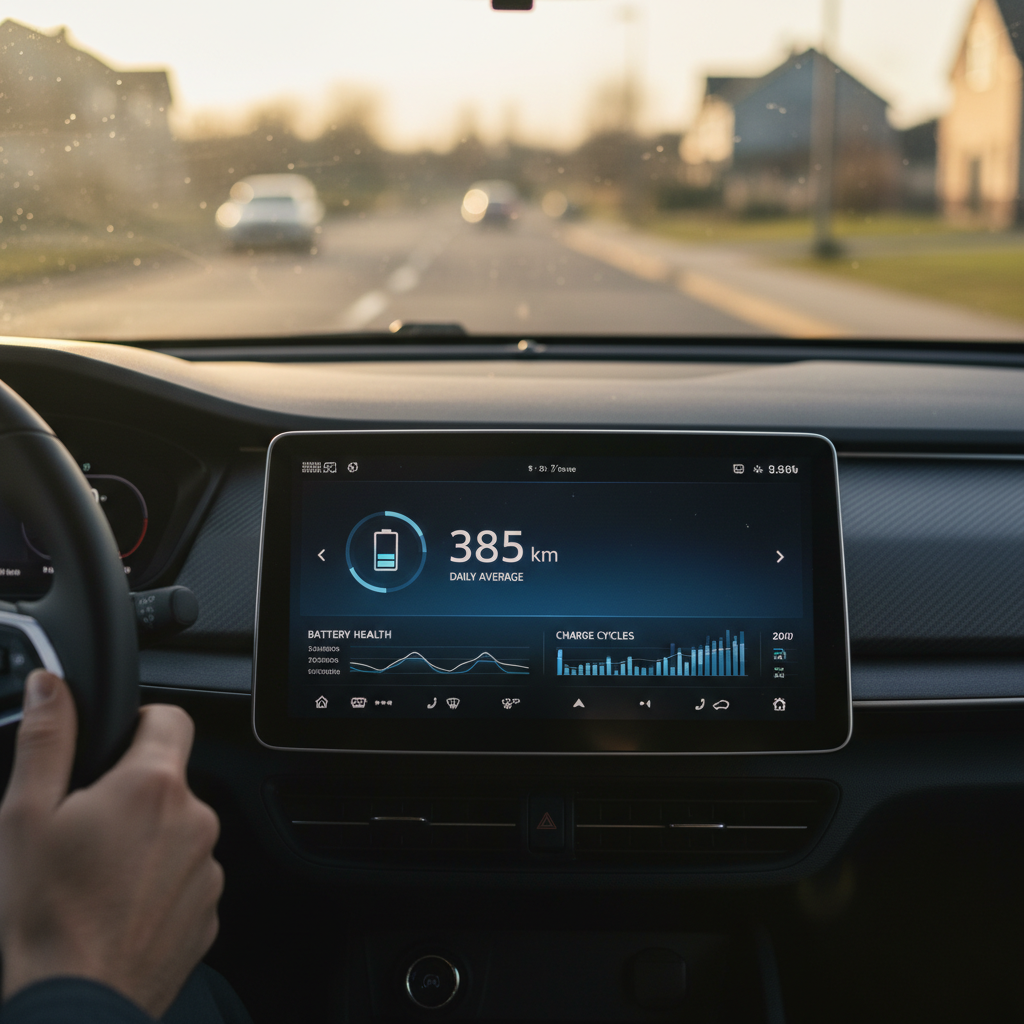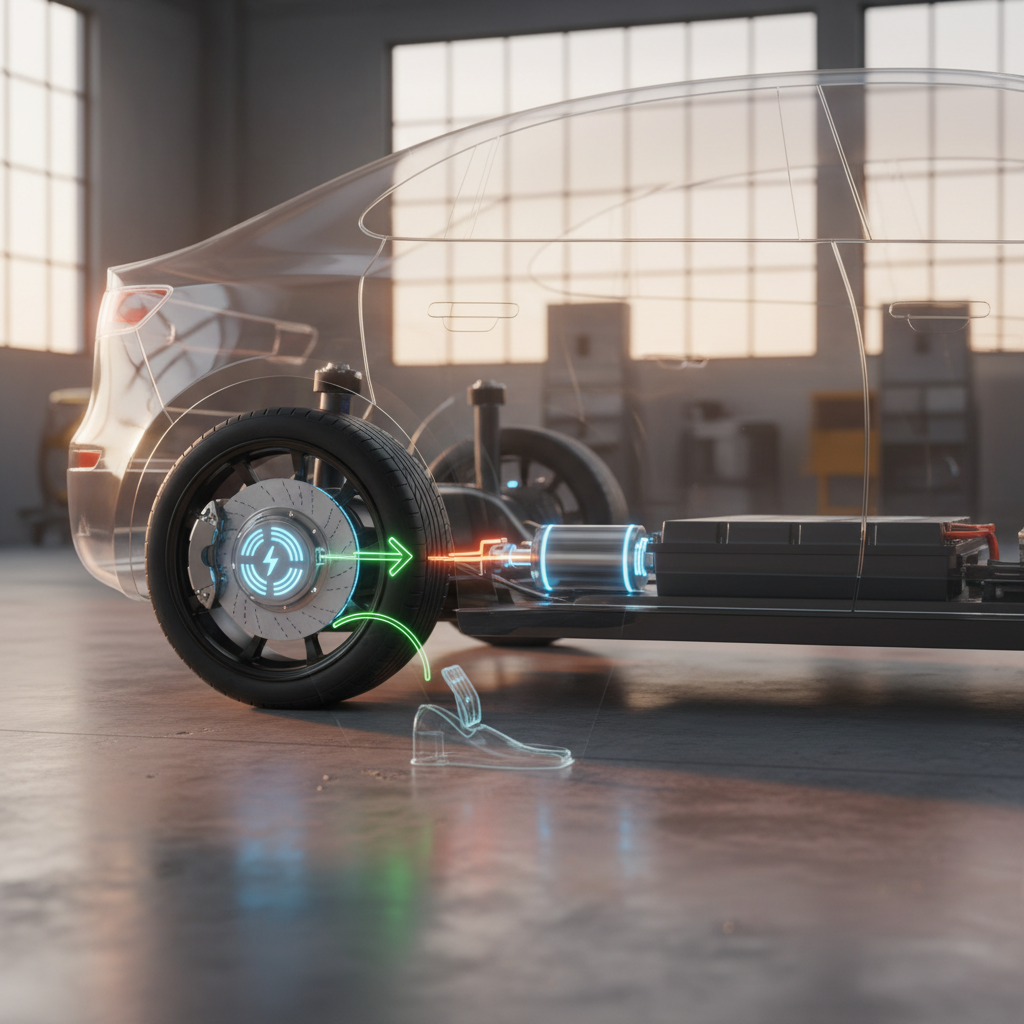If you still think of electric cars as slow eco-appliances, 2025’s crop of electric sports cars will change your mind. From record‑setting hypercars to surprisingly attainable performance sedans, EVs now deliver instant torque, track‑ready handling, and everyday usability in one package.
Electric performance is rewriting the rulebook
Why electric sports cars are having a moment
Electric motors deliver maximum torque from zero rpm, which is why so many of the quickest cars on sale now are EVs. But performance is only half the story. EV packaging lets engineers mount batteries low and between the axles, improving weight distribution and lowering the center of gravity. The result is handling that feels planted and confidence‑inspiring, even in everyday driving.
- Instant torque and seamless acceleration, no gear changes, no turbo lag.
- Low center of gravity for sharp turn‑in and high cornering grip.
- Near‑silent operation that changes the character of performance driving.
- Rapid improvements in battery tech and charging speeds year over year.
- More brands entering the segment, which pushes prices down and choices up.
Performance isn’t everything
How we picked the best electric sports cars
Ask ten enthusiasts for the “best” electric sports car and you’ll get ten different answers. To keep things useful, this guide focuses on cars available or confirmed for the U.S. in 2025, with trims that emphasize performance. We also included one very important halo car to show what’s technically possible.
Our selection criteria
1. Real‑world performance
Strong 0–60 mph times, but also repeatable performance and track stamina, cars that don’t wilt after one hot lap.
2. Handling and feedback
Steering feel, chassis balance, and confidence at the limit matter just as much as straight‑line speed.
3. Range and charging
We favored cars that balance performance with usable range and competitive DC fast‑charging capability.
4. Value and availability
You’ll see both dream‑level hypercars and accessible options, but everything here exists beyond a design sketch.
5. Long‑term ownership
Warranty coverage, build quality, and how well the car is aging on the used market, critical if you’re shopping pre‑owned.
Quick glance: best electric sports cars in 2025
Electric performance snapshot for 2025
Best electric sports cars 2025 by category
From ultimate track weapons to everyday performance bargains
Ultimate electric track weapon
Porsche Taycan Turbo GT (Weissach)
Obscene power, record lap times, and shockingly consistent performance on track.
Fastest electric hypercar
Yangwang U9 Xtreme
Chinese‑built quad‑motor hyper EV that set a 308.4‑mph production‑car top‑speed record.
Best affordable performance EV
Tesla Model 3 Performance
Everyday sedan practicality with genuine sports‑car pace and a huge charging network.
Best compact hot hatch
Hyundai Ioniq 5 N
Rally‑inspired, drift‑capable, and one of the most characterful performance EVs on sale.
Best electric GT cruiser
Lotus Emeya R
A "hyper GT" that blends long‑distance comfort with serious pace.
Best used performance EV value
Used Porsche Taycan / Tesla Model 3 Performance
Early depreciation makes well‑vetted used examples compelling buys.
Best electric sports cars 2025: detailed picks
Porsche Taycan Turbo GT & Turbo GT Weissach: the benchmark

Porsche didn’t just update the Taycan for 2025, it fired a warning shot at every other performance EV. The Taycan Turbo GT, especially with the Weissach track package, is the most powerful series‑production Porsche ever built. Dual motors, an 800‑volt architecture, and over 1,000 hp in short bursts deliver a ferocious launch that can rival or beat just about anything with a license plate.
- 0–60 mph in roughly 2.1 seconds (Weissach) on a prepared surface, with repeatable performance.
- Top speed around 190 mph for the Weissach car, with serious downforce from a fixed carbon wing.
- Fastest‑charging EV currently tested by several outlets, going 10–90% in about 24 minutes on a strong DC fast charger.
- Lap records at tracks like Laguna Seca and the Nürburgring, where it has outrun many gas supercars.
Taycan Turbo GT buying tip
Yangwang U9 Xtreme: the outrageous top‑speed king
For pure headline numbers, nothing touches the Yangwang U9 Xtreme right now. Built by BYD’s luxury sub‑brand in China, the U9 Xtreme is a quad‑motor hypercar that recently set a certified 308.4‑mph top‑speed record, making it the fastest production car of any kind. It’s a technological statement piece more than a realistic purchase for most drivers, but it proves just how far electric performance can go.
- Four electric motors with combined output in the neighborhood of 3,000 hp.
- Advanced 1,200‑volt electrical system to move enormous power while controlling heat.
- Limited production, around 30 units worldwide, priced deep into hypercar territory.
- Demonstration runs and track times that show EVs can now dominate traditional performance benchmarks.
Why this matters even if you never buy one
Tesla Model 3 Performance: attainable everyday speed
The refreshed Tesla Model 3 Performance continues to be the gateway drug into electric sports‑sedan performance. It’s not the absolute quickest EV anymore, but its blend of price, straight‑line speed, and practicality is hard to beat. You get a compact sedan that can outrun many traditional sports cars while carrying four adults and their luggage.
- 0–60 mph in the mid‑3‑second range with launch control, depending on tires and conditions.
- Real‑world range that’s enough for spirited weekend drives and commuting alike.
- Access to Tesla’s massive Supercharger network (increasingly open to non‑Tesla EVs as well).
- A huge used market, which makes finding a well‑priced pre‑owned car much easier.
What to watch on used Model 3 Performance
Hyundai Ioniq 5 N: the driver’s EV hot hatch
If you care more about smiles per mile than spec‑sheet wars, the Hyundai Ioniq 5 N belongs on your list. Hyundai’s N division has taken the already‑good Ioniq 5 and turned it into a rally‑inspired, track‑capable hot hatch with playful driving modes, serious brakes, and thermal management tuned for repeated lapping.
- Dual‑motor all‑wheel drive with power north of 600 hp in short bursts.
- Sophisticated torque‑vectoring and drift modes that let you steer with the throttle.
- Track‑focused cooling and battery management so it can handle more than one or two hot laps.
- Practical hatchback body with usable rear seats and cargo space.
Why enthusiasts love it
Lotus Emeya R: the electric hyper‑GT
The Lotus Emeya blends the brand’s lightweight sports‑car heritage with modern EV grand‑tourer comfort. In high‑output R form, it’s positioned as a "hyper GT", a low, sleek five‑door that’s happier devouring interstate miles than setting lap records, but still properly quick when the road turns interesting.
Where it shines
- Elegant, low‑slung design that stands out from SUVs and crossovers.
- Dual‑motor all‑wheel drive and strong acceleration suitable for spirited highway passing.
- Liftback practicality with a usable trunk and rear seat space.
Where it compromises
- Price and availability limit it to a narrow audience, at least initially.
- Lotus’ U.S. dealer and service footprint is still growing compared with established German brands.
- More GT than track toy, perfect if you value comfort, less so if you live for apexes.
Charging, handling, and range: what really matters
Spec sheets sell cars, but living with an electric sports car exposes different priorities. You’ll care about how quickly it recovers range on a road trip, how it rides over broken pavement, and how much performance you can access without destroying efficiency.
Key factors when comparing electric sports cars
Look past the headline 0–60 time
Charging curve, not just peak kW
A car that hits 300 kW for a moment but quickly tapers off can be slower overall than one that holds 200+ kW for most of the session. Look for 10–80% and 10–90% test times.
Thermal management
Repeated launch‑control runs and track days generate heat. Good cooling keeps performance consistent and helps long‑term battery health.
Ride and handling balance
Adaptive dampers let you have a comfortable commute and a firm, controlled car on back roads. Oversprung suspensions get old fast on real streets.
Usable range at speed
High‑performance EVs often lose range quickly at highway speeds. Look at real‑world tests, not just city‑heavy lab numbers.
Steering feel
It’s subjective, but good feedback through the wheel separates a merely fast EV from a truly engaging sports car.
Brakes and tires
Big performance means big stopping power. Check for quality tires and robust friction brakes, not just regen.
Don’t ignore tires
Buying a used electric sports car
Because high‑end EVs depreciate quickly, the "best" electric sports car for many buyers will be a carefully chosen used one. A three‑year‑old Taycan or Model 3 Performance can cost far less than new, yet still feel cutting‑edge behind the wheel, provided the battery and high‑voltage systems are healthy.
Used electric sports car checklist
1. Verify battery health, not just range
Ask for a <strong>battery health report</strong> based on direct diagnostics, not a guess from the dash estimate alone. Large drops in usable capacity can turn a great deal into an expensive mistake.
2. Review fast‑charging history
Frequent DC fast charging isn’t automatically bad, but an abusive pattern, daily fast‑charging to 100%, can accelerate degradation. Logs and service records help here.
3. Inspect brakes, tires, and suspension
Electric sports cars are heavy and powerful. Check for warped rotors, tired dampers, and worn bushings that point to a hard‑driven track toy.
4. Check software and recall status
Make sure all major software updates, recalls, and service campaigns have been completed. They can dramatically change range, performance, and feature sets.
5. Confirm warranty coverage
Most EVs carry separate battery/drive unit warranties that extend beyond the basic bumper‑to‑bumper coverage. Knowing what’s still covered is key when you’re shopping used.
How the Recharged Score helps
How Recharged helps you shop smarter
If you’re considering a high‑performance EV, the usual used‑car shortcuts, "kick the tires and see if it feels quick", simply aren’t enough. You need to understand battery health, charging behavior, and how the previous owner treated a very complex piece of hardware. That’s where a specialist marketplace makes a difference.
What you get when you shop performance EVs with Recharged
Built from the ground up around electric vehicles
Recharged Score battery diagnostics
Every vehicle gets a Recharged Score Report with verified battery health, so you know how much performance and range you’re actually buying.
Fair pricing and financing
Transparent, data‑driven pricing plus financing options tailored to higher‑value EVs help you focus on the car, not the math.
Trade‑in and nationwide delivery
Trade in your current vehicle, sell via instant offer or consignment, and get your next electric sports car delivered right to your driveway.
EV‑specialist guidance
Recharged’s EV experts can walk you through model differences, Taycan vs. Model 3 Performance vs. Ioniq 5 N, based on how you actually drive.
Fully digital buying experience
Browse, get financed, and sign documents online, or visit the Recharged Experience Center in Richmond, VA if you prefer an in‑person test drive.
Confidence from start to finish
Because Recharged focuses on EVs, the entire process, from inspection to delivery, centers on the details that matter for electric performance cars.
FAQ: best electric sports cars
Frequently asked questions
Bottom line: choosing the right electric sports car
The "best" electric sports car isn’t just the one with the wildest 0–60 time, it’s the one that matches how you actually drive. If you live for track days and have the budget, a Porsche Taycan Turbo GT is hard to beat. If you want something you can daily, road‑trip, and still enjoy on back roads, a Tesla Model 3 Performance, Hyundai Ioniq 5 N, or a well‑chosen used Taycan offers an incredible blend of speed and practicality.
Before you sign anything, be honest about your priorities: How often will you really use launch control? How far do you drive in a typical week? Where will you charge? Answer those questions first, then use tools like a Recharged Score Report and EV‑specialist guidance to line up the right car. Get that match right, and your next "sports car" may never visit a gas station again.



